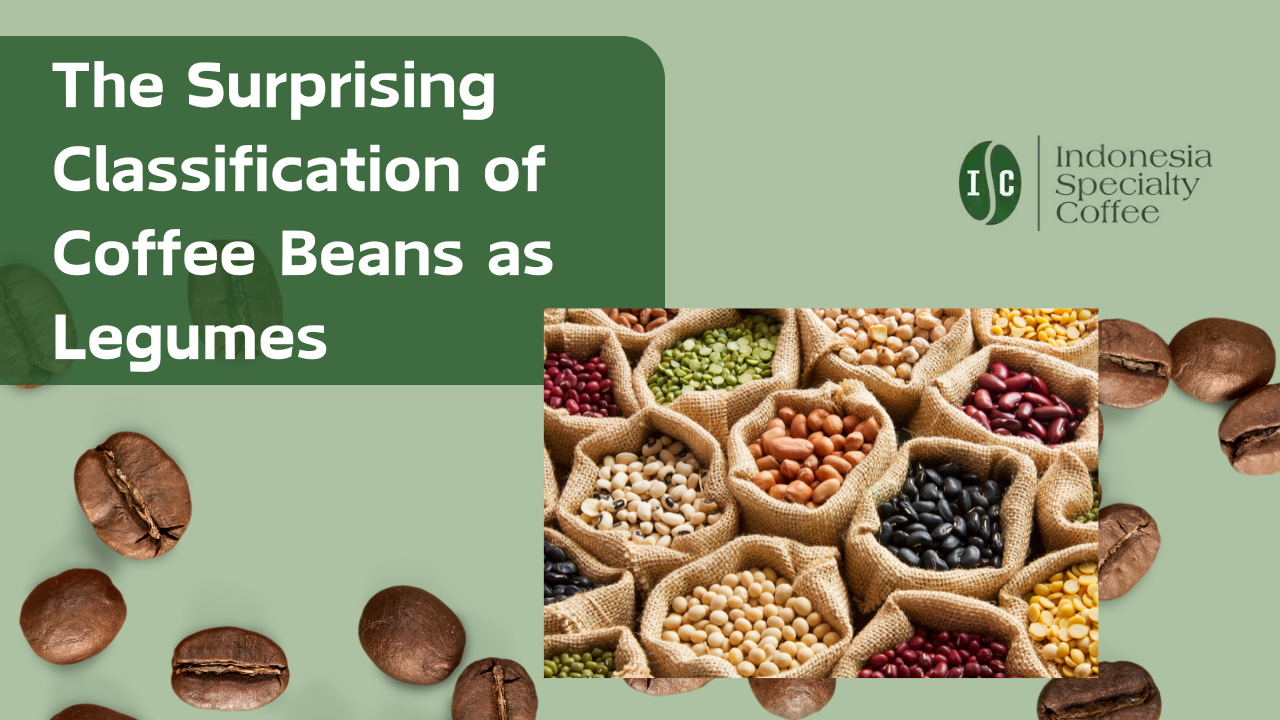Legumes are a group of plants in the family Fabaceae (or Leguminosae) known for their seed-bearing pods. Common examples of legumes include beans, lentils, peas, chickpeas, soybeans, and peanuts. These plants are notable for several reasons:
- Nutritional Value: Legumes are rich in protein, fiber, vitamins, and minerals. They are a staple in many diets around the world and are often used as a primary protein source in vegetarian and vegan diets.
- Nitrogen Fixation: Many legumes have a symbiotic relationship with nitrogen-fixing bacteria (Rhizobia) in their root nodules. This relationship allows them to convert atmospheric nitrogen into a form that plants can use, enriching the soil and reducing the need for chemical fertilizers.
- Versatility: Legumes can be used in various culinary applications, from soups and stews to salads and snacks. They can be dried, canned, or frozen, making them a versatile and long-lasting food source.
- Health Benefits: Consuming legumes has been associated with numerous health benefits, including improved digestive health, better blood sugar control, and reduced risk of chronic diseases such as heart disease and diabetes.

